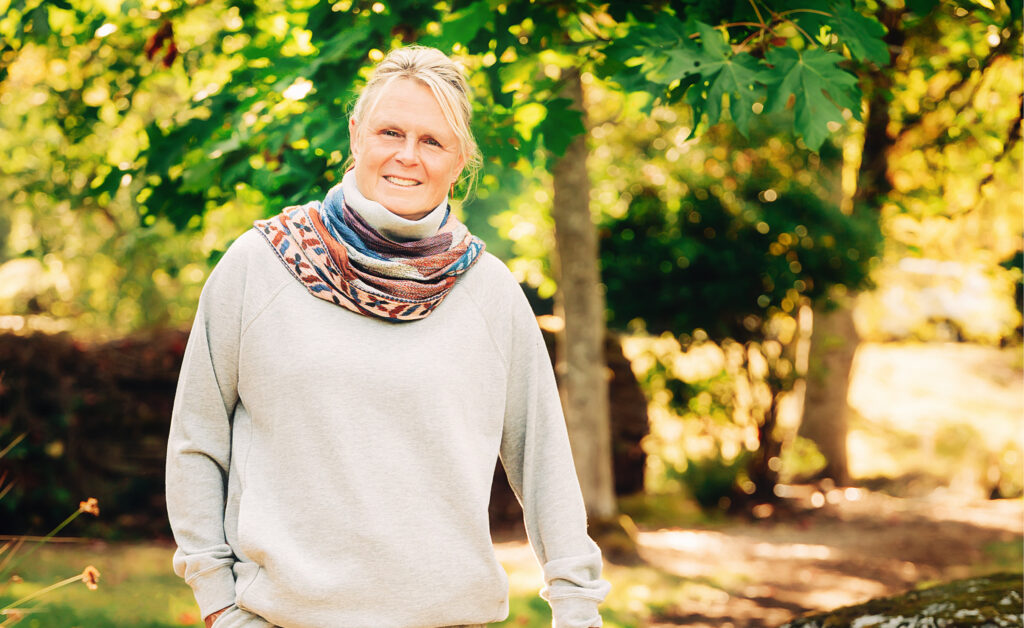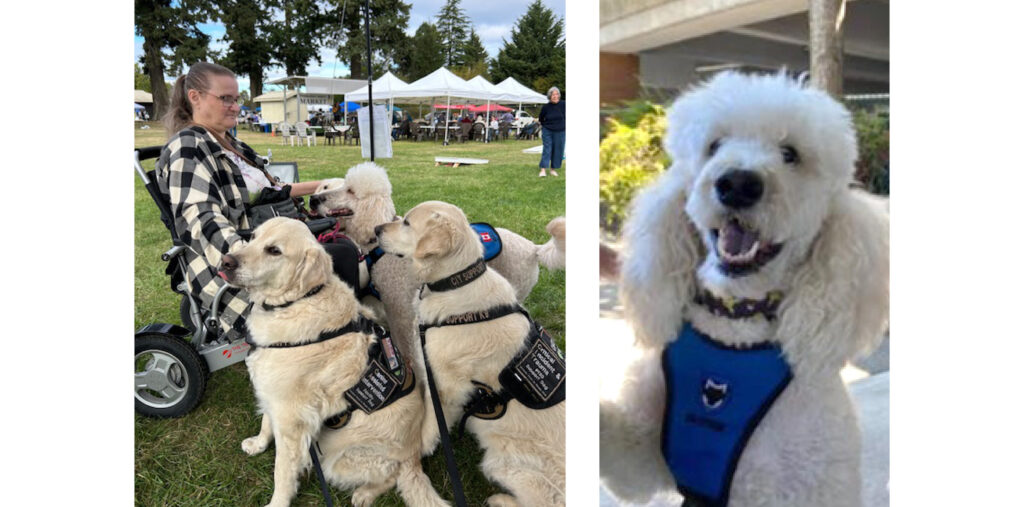by Linda Walker, Peninsula Physiotherapy –
Spring has finally sprung, like someone suddenly remembered to turn on the “summer” switch! This time of year everyone is motivated to get outside and into the garden, or be more active again. I am happy to see people become more fit and active since this is part of taking care of your health. Pacing yourself at the beginning of re-entry into an activity is always the best, but sometimes the sunshine gets the best of us and you wake up sore from spending all day in the garden! When this happens we realize that we haven’t done enough fitness during the winter, so now is the time to start getting back in shape.
I’ve recently been reading the latest research articles in health sciences, and it’s no surprise that the same results seem to show up: that pain and dysfunction can be relieved by staying flexible and strong. This seems like a simple approach but must be applied in a progressive manner as your body becomes more active. When we start to train to make positive changes to our bodies, the underlying system that is responsible for adapting is the nervous system. Whether you’re elongating or strengthening your muscles, for instance, your nervous system is responsible for the training effect. Another way of saying it is: your bicep muscle is like a steak sitting passively on the counter, until the nervous system tells it to contract and move into action.
Your nervous system makes every part of you tick; it’s what keeps you healthy. Your nervous system can be divided into two main parts: the “motor of your car,” called the Autonomic Nervous System (ANS) and the outer “shell of the car,” or the Peripheral Nervous System (PNS). Both must function together at an optimal level for sport performance and overall health.
The ANS coordinates all of your “tubes and filters,” or your internal organs – systems such as your immune system, digestive tract, heart, lungs, pain perception, sensory nerves, hormone balance, brain function, sleep recovery, and building new cells at every level. This is the most important part of your body, without which our vital systems would fail. The PNS is responsible for movement and action and is made up of muscles, bones, ligaments, cartilage and skin.
When we become more active, the ANS builds more muscle cells and coordinates more blood flow, oxygen and nutrition to the area being trained. If you become more active gradually, your body happily adapts and you gain a training effect, becoming stronger and more fit. As muscles grow stronger, they have a natural tendency to shorten. Normal aging effects or previous injuries also shorten muscles. It is therefore important to stretch every day. This is the best prevention for keeping fit, healthy and preventing injuries and falls. When the body is strong and flexible, good things happen. It’s like buying what I call “movement insurance” which means that you have built-in extra training so you can safely react to unexpected accidents and avoid getting injured.
So take care of your nervous system, and it will take care of you. Learn more about taking care of your nervous system effectively by visiting us at the clinic and we will help you return to a higher level of health so you can go play in the sun!
For more information visit www.peninsulaphysio.ca.




